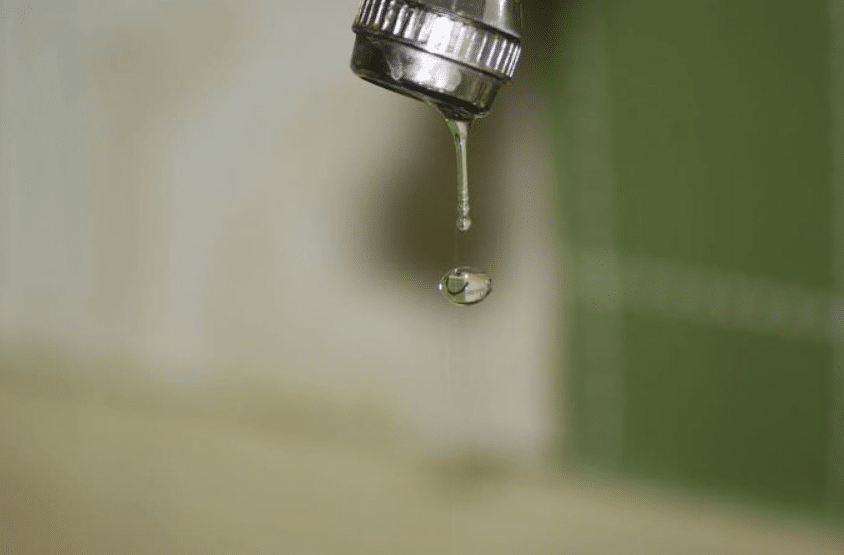Understanding The Factors Behind Water Leaks Are So Common Within Your Residence
Understanding The Factors Behind Water Leaks Are So Common Within Your Residence
Blog Article
On this page down the page you might get more awesome content in relation to How to Find Water Leaks.

Leakages not just trigger waste of water however can additionally cause unneeded damages to your home and advertise unwanted organic growth. Water leaks may go unnoticed given that most of the pipework in our residence is hidden. By looking and also comprehending for day-to-day situations that trigger leakages, you can protect your house from future leakages and also unnecessary damage. Today, we will certainly consider six leak triggers that might be creating your pipes to drip.
Instant temperature level adjustments.
Extreme temperature changes in our pipes can trigger them to increase as well as acquire unexpectedly. This growth and also tightening might create cracks in the pipes, especially if the temperature level are listed below cold.
Corroded water systems
As time passes by, your plumbing system ages and also deterioration such as rust may begin gnawing the pipelines. This could be the reason for discoloration or bending on your water pipes. This calls for an evaluation with your plumber right away. If our plumbing system is old, consider changing the pipes since they go to a higher danger of deterioration than the newer versions.
Faulty Pipeline Joints
The factor at which your pipes attach is often the weakest link in the waterline. Pipeline joints can wear away with time, causing water leakages. The bulk of pipeline joints are not quickly noticeable. If you have noisy pipelines that make ticking or banging sounds, particularly when the warm water is switched on, your pipeline joints are probably under a lot of stress. It is advisable to have your plumber check your system annually.
Intruding roots
A lot of water leakages begin outside the house rather than inside it. If you discover an unexpected reduction in water pressure, say in your tap, take time to head out and also analyze your lawn. You may notice damp spots or sinkholes in your backyard, and that might indicate that tree origins are attacking water lines triggering water to leak out. You can have your plumber check for intrusion, specifically if you have trees or bushes near your building.
Poor Water Connectors
Sometimes, a leakage can be caused by loose pipes and also pipelines that provide your appliances. Typically, changing is what creates the loosened water Links. You could locate when it comes to a cleaning maker, a pipe might spring a leak due to shaking throughout the spin cycle. In case of a water links leakage, you may notice water running straight from the supply line or pools around your home appliances.
Clogged Drains
Blocked drains might be irritating as well as inconveniencing, but they can often end up causing an overflow leading to burst pipelines. Keep getting rid of any kind of materials that may drop your drains that can obstruct them to prevent such troubles.
All the above are causes of leakages yet not all water leaks arise from plumbing leakages; some leaks might originate from roofing system leakages. All leaks need to be repaired immediately to avoid water damage.
Leaks not just create waste of water but can likewise trigger unneeded damages to your residence and promote undesirable natural development. By comprehending as well as looking for daily situations that cause leaks, you can secure your house from future leaks and unneeded damage. Today, we will certainly look at six leak causes that may be causing your pipes to trickle.
At times, a leakage can be created by loose pipes and pipelines that provide your devices. In instance of a water links leak, you might observe water running directly from the supply line or puddles around your home appliances.
How To Check For Water Leak In Your Home
How To Check for Leaks
The average household's leaks can account for nearly 10,000 gallons of water wasted every year and ten percent of homes have leaks that waste 90 gallons or more per day. Common types of leaks found in the home are worn toilet flappers, dripping faucets, and other leaking valves. These types of leaks are often easy to fix, requiring only a few tools and hardware that can pay for themselves in water savings. Fixing easily corrected household water leaks can save homeowners about 10 percent on their water bills.
To check for leaks in your home, you first need to determine whether you're wasting water and then identify the source of the leak. Here are some tips for finding leaks:
Take a look at your water usage during a colder month, such as January or February. If a family of four exceeds 12,000 gallons per month, there are serious leaks.
Check your water meter before and after a two-hour period when no water is being used. If the meter changes at all, you probably have a leak.
Identify toilet leaks by placing a drop of food coloring in the toilet tank. If any color shows up in the bowl after 10 minutes, you have a leak. (Be sure to flush immediately after the experiment to avoid staining the tank.)
Examine faucet gaskets and pipe fittings for any water on the outside of the pipe to check for surface leaks.
Undetected water leaks can happen without the home or business owner even realizing. If you suspect a water leak, but not able to find the source. It is time to contact a professional water leak detection service, The Leak Doctor.
How To Find a Water Leak In Your Home
https://www.leakdoctor.com/blog/How-To-Check-For-Water-Leak-In-Your-Home_AE197.html
I ran across that blog post on How to Find Water Leaks when doing a lookup on the search engines. Remember to take a moment to distribute this entry if you enjoyed it. Thank you so much for taking the time to read it.
We've got you! Report this page